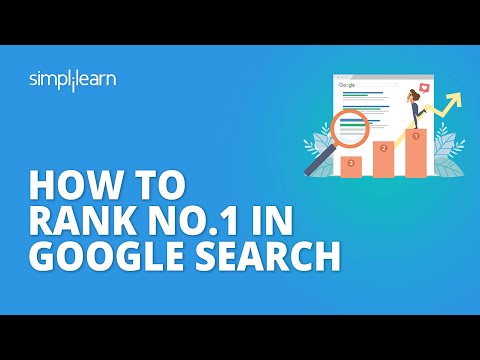On-Page vs. Off-Page SEO: Key Differences and Best Practices

SEO can be divided into two main categories: on-page SEO and off-page SEO. Both are essential for improving your website’s rankings, but they focus on different aspects of optimization. In this article, we’ll explore the key differences between on-page and off-page SEO and share best practices for each.
What Is On-Page SEO?
On-page SEO refers to optimization efforts that take place directly on your website. This includes optimizing content, HTML source code, and user experience. Key elements of on-page SEO include:
- Keyword research and placement
- Meta tags (title, description, headers)
- Internal linking
- Image optimization
- URL structure
What Is Off-Page SEO?
Off-page SEO involves activities outside your website that impact your rankings. This includes building backlinks, social signals, and online reputation management. Key elements of off-page SEO include:
- Backlink building
- Social media marketing
- Guest blogging
- Influencer outreach
Best Practices for On-Page SEO
1. Optimize Content: Create high-quality, keyword-rich content that addresses user intent. Use headings (H1, H2, H3) to structure your content.
2. Use Meta Tags: Write compelling meta titles and descriptions that include target keywords. This improves click-through rates from search results.
3. Improve Internal Linking: Use internal links to guide users and search engines to important pages on your site.
4. Optimize Images: Use descriptive file names and alt text for images. Compress images to improve page speed.
5. Create SEO-Friendly URLs: Use short, descriptive URLs that include keywords.
Best Practices for Off-Page SEO
1. Build Quality Backlinks: Focus on earning backlinks from authoritative websites in your niche.
2. Leverage Social Media: Promote your content on social media platforms to increase visibility and drive traffic.
3. Engage in Guest Blogging: Write guest posts for reputable websites to build authority and earn backlinks.
4. Monitor Online Reputation: Respond to reviews and mentions of your brand to build trust and credibility.
Conclusion
Both on-page and off-page SEO are essential for improving your website’s rankings. By implementing the best practices outlined in this article, you can create a comprehensive SEO strategy that drives organic traffic and boosts your visibility in search engines.




![Roblox Digital Gift Card - 2,500 Robux [Includes Exclusive Virtual Item] [Digital Code]](https://nbanner.link/img/B07RX6FBFR.jpg)